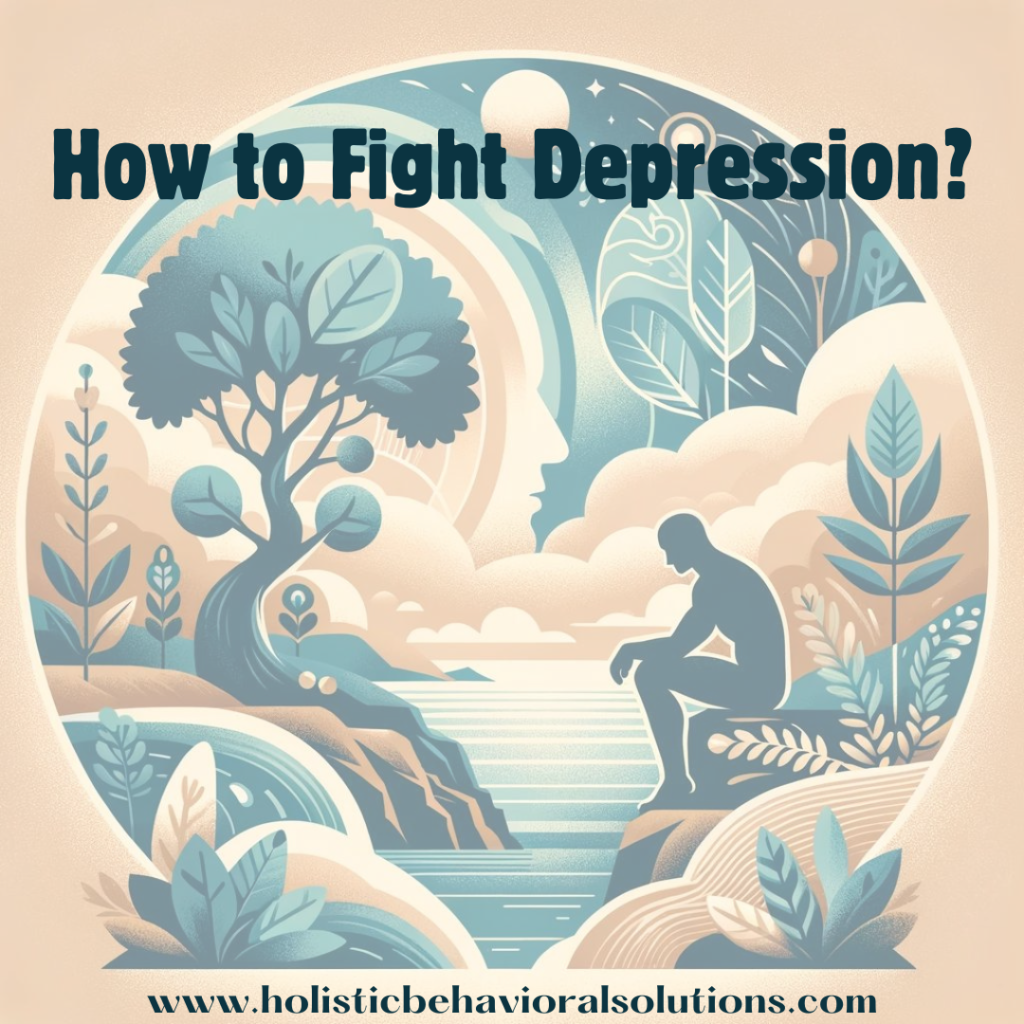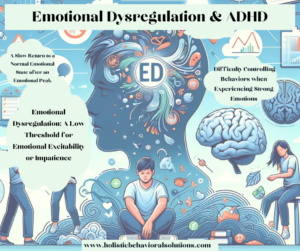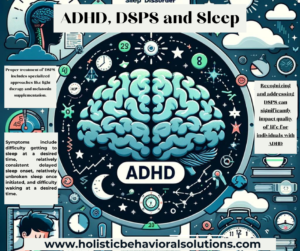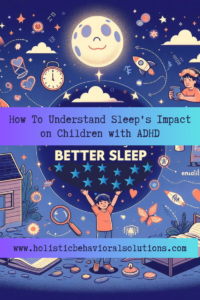
Recently, I read an article that summarized depression in men and how it manifests across genders, especially concerning the recovery process following separation from an intimate partner. Millions of people battle depression daily, and it looks different for everyone. We all make mistakes, and you can’t tell with a quick glance. While both men and women can experience depression, the many ways sadness manifests itself and the challenges associated with frustration can differ. For our purposes, we’ll focus on depression in men, shedding light on the unique aspects of their experiences and providing guidance on addressing this often-overlooked issue.
The research indicates that men struggle with internalized masculine norms and attitudes toward depression and seeking help. This struggle leads to suboptimal levels of functioning in their daily lives during times of high stress and emotional vulnerability.
Depression in Men: A Closer Look
Men and depression are not commonly linked. Typically, in my practice, I see men express their frustration with anger and sometimes with substance use. Men are often raised with societal expectations that encourage them to be stoic and self-reliant. These traditional notions of masculinity can inadvertently deter men from acknowledging their feelings and seeking help when struggling with depression. Here are some key aspects of depression in men to consider:
1. Hidden Emotions
Unfortunately, many men internalize their emotions, making expressing or even recognizing their sadness, hopelessness, or anxiety difficult. This emotional suppression can lead to delayed diagnosis and treatment and can sometimes lead to malignant behaviors such as outbursts and increased irritability.
2. Physical Symptoms
Men experiencing depression may manifest their distress through physical symptoms such as headaches, digestive issues, or sleep disturbances instead of verbalizing their emotional turmoil. Historically, many men have been conditioned to ignore physical signs of distress in their bodies and have been encouraged to “shake it off,” leading men to wait until emotional issues become acute rather than addressing them when they are more manageable.
3. Self-Medication
Similarly, men may turn to unhealthy coping mechanisms, such as excessive alcohol, substance use, gambling, or gaming, to numb their emotional pain. These behaviors can exacerbate depression and lead to a vicious cycle of self-destructive habits.
Breaking the Silence: How to Address Frustration in Men
- Recognize the Signs:
- Be aware of common signs of depression in men, including changes in sleep patterns, irritability, loss of interest in previously enjoyed activities, and unexplained physical symptoms.
- Encourage Open Communication:
- Create a safe and non-judgmental space for men to express their feelings. Assure them that seeking help is a sign of strength, not weakness.
- Seek Professional Help:
- Encourage men to consult with mental health professionals, such as therapists or psychiatrists, trained to diagnose and treat depression effectively.
- Healthy Lifestyle Choices:
- Promote a balanced lifestyle that includes regular exercise, a nutritious diet, and adequate sleep. These habits can help manage depression symptoms.
- Support Groups:
- Connect men with local or online support groups where they can share their experiences and find encouragement with others.
Depression in men looks very different than it does in women. Men are conditioned at a young age to be less communicative, assertive, and less demonstrative with their emotions. Coupled with a lifetime of training, these expectations can lead many men to struggle needlessly with feelings of vulnerability. Too often, the men in our lives feel unseen, unheard, and unloved. Reducing the stigma surrounding seeking mental health and wellness treatment improves our families and communities for generations.
Most of us have men in our lives that we sincerely care for. If you think one is struggling with depression, get help. A good therapist can provide support and help you with that change. I often say, “We will figure it out!”
The Holistic Store
I know that is a lot, but let us provide help and boost your connection from the inside out with our wellness supplements and supplies. Check out our store for products that help you feel your best, making it easier to open up and connect on a deeper level.


